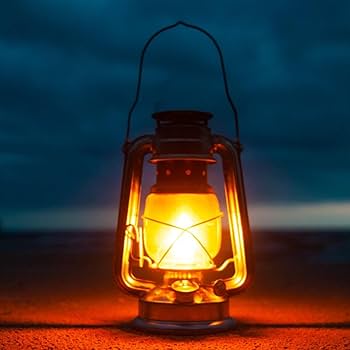
To listen to today’s reflection as a podcast, click here
Fears are not created equal.
A handful of phobias are so well known that their Greek designations effortlessly roll off our lips. There’s claustrophobia (the fear of closed-in spaces), xenophobia (anxiety around strangers), and arachnophobia (the conviction that spiders and people should not be required to share the same space).
Other fears are more esoteric.
There’s ablutophobia (fear of bathing), koumpounophobia (anxiety associated with buttons), scolionophobia (fear of school), trypanophobia (the widely shared terror of needles), zuigerphobia (fear of vacuum cleaners, my best excuse yet for escaping housework), ostraconophobia (being freaked out by shellfish), and coulrophobia (the fear of clowns, concerning which we can only say, duh).
On top of it all is phobophobia – appropriately enough, the fear of being afraid.
Fear is also a pervasive reality in the realm of spirituality.
The odds are good that anyone who has spent more than a few days trying to follow an invisible Savior has had a brush with fear of commitment, fear of losing control, and fear of being taken in by a story that sounds too good to be true.
These fears are not fatal. Even a cursory survey of Old and New Testament characters reveals that God was able and willing to work through the phobic frailties of Moses, David, Elijah, Jeremiah, Jonah and every one of Jesus’ 12 chosen disciples.
But there’s a certain kind of fear that tops them all.
That is despair, which may be loosely defined as the fear that there is no hope. Scripture makes it clear that despair, if unchecked, will take us to dark places – places where we will struggle to see God’s face and the path that lies before us.
According to a New York Times / Siena University poll that was published last week, a majority of Americans are currently mired in a kind of cultural despair.
The poll summarizes, “Americans have markedly less faith in the ability of the country’s political system to solve problems than they had five years ago, with a large majority now believing that the country is incapable of overcoming its deep divisions.”
The result is a low-grade fever of dread that seems to pervade our thoughts, our plans, our relationships.
Five years ago, even in the throes of the coronavirus pandemic, a majority of your neighbors thought that the country could figure out how to reach happier days.
Today, only one in three feel the same.
Those who responded to the poll were expressing a certain kind of fear – a fear that our problems are bigger than our shared ability (or even willingness) to address them.
If you yourself are acquainted with such feelings, what can you do?
Four options present themselves:
Retreat. Turn off your TV. Unplug yourself from social media. Refuse the news. Make the world go away. Unfortunately, most of us aren’t able to do this for very long.
Attack. Open your window and yell, as in the 1976 movie Network, “I’m mad as hell, and I’m not going to take this anymore!” You can no doubt find a few verses that suggest Jesus is just as mad as you are – and, in an amazing coincidence, he’s ticked off at the same group of people that tick you off.
Resign. Decide that there’s probably nothing you can do about a low-grade fever of dread. The world and its problems are way too big to solve, let alone comprehend. So just stew in your exasperation and wait for better days.
Do Good. Few chapters of the Bible are as compelling as Romans 12. Here’s the apostle Paul’s last line: “Do not be overcome by evil, but overcome evil with good” (12:21).
In other words, be proactive. Do the next right thing. Even a very small thing. Or a series of very small things.
Change the world, even in the humblest way, by changing what you’re thinking and what you’re doing, and therefore the circumstances that will greet you tomorrow morning.
James Lankford, author of the book Turnaround, declares, “Let me say it simply. We cannot turn down darkness in our culture; we can only turn up light. There is no ‘dark switch’ on the wall when you enter a room because you cannot turn down dark; you can only turn up light.
“Yelling at what is wrong does not turn down the dark, demonstrating what is good turns up the light. We cannot just do less anger, cynicism, or hatred; we need to do more hope, mentoring, optimism, and solutions… If we want less darkness, we need more light.”
So don’t despair.
Don’t be afraid that there is no hope.
Overcome darkness with light, and evil with good – in the name and for the sake of the God of Hope.
